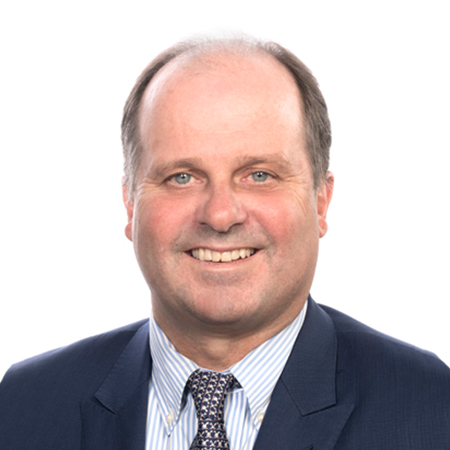Medicare routinely audits and reviews the Medicare billing of health practitioners. Where there has been non-compliance, Medicare requires repayment of benefits directly from the practitioner who holds the relevant provider number. In that regard, it does not matter if the practitioner delegates out to his/her administrative staff or has a service company/corporate entity submit the claims to Medicare, the practitioner who holds the relevant provider number is liable for all incorrectly rendered claims.
From 1 July 2019 practitioners will be able to ask Medicare for a shared debt determination when they are first contacted by Medicare.
A shared debt determination involves the practitioner providing documentation that demonstrate they do not receive 100% of the Medicare benefits. The practitioner will be asked to identify the second party (usually the principal practice) who receives the remainder of the Medicare benefits claimed under their provider number.
The identified secondary debtor will then be asked by Medicare for information in relation to any possible shared debt. This will include providing documents and submissions as to whether the identified secondary debtor should share liability with the practitioner.
A shared debt determination will result in any repayment being claimed back from the primary debtor (practitioner) and the secondary debtor.
For the shared debt scheme to apply there needs to be evidence that the secondary debtor has employed or engaged the services of the health practitioner which attracts a benefit under the Medicare Benefit Scheme/Pharmaceutical Benefits Scheme.
These changes take into consideration that many practitioners only receive a portion of their Medicare billings and direct a percentage of the billings to the practice/corporation/ service company.
The legislation stipulates a default shared debt percentage of 35%. However, the review officer, on behalf of the Chief Executive Medicare, may vary the shared debt percentage if they determine that it is fair and reasonable.
When determining if a shared debt determination should be made, Medicare will consider whether:
- The identified secondary debtor has control or influence over the submitting of the incorrect claims;
- The identified secondary debtor has obtained any financial benefit from the claims; and
- There are any other circumstances which would make it fair and reasonable for the determination to occur.
Medicare may impose an administrative penalty on repayments for incorrect billing which will be payable by both debtors.
Medicare can also setoff or deduct repayments from other amounts owed by Medicare to the debtors. Alternatively, Medicare may issue a garnishee notice.
Both debtors are entitled to have the shared debt determinations reviewed which must be lodged within 28 days of the decision.
This article was written by Scott Chapman, Partner and Megan Priestley, Special Counsel.

